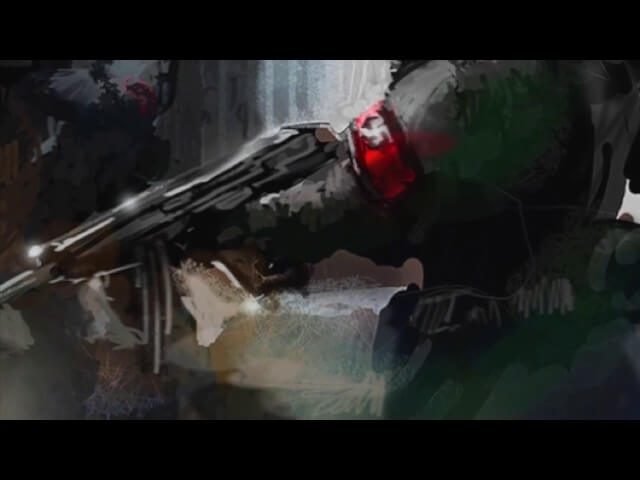Inside “fashwave,” the official celebration music of the alt-right

A new article on Buzzfeed explores “fashwave,” a brand of low-rent synthpop made by and for neo-Nazis. The alt-right embraces the music of acts like Cybernazi and Xurious, which evoke ’80s science fiction and video games in equal measure, in large part because of its irony. Whereas the hardcore punk and black metal long associated with neo-Nazis was passionate, us-against-everyone riot music, fashwave is easy listening, almost ambient stuff—the perfect soundtrack for trolling women on Twitter or shit-posting on Reddit. The notorious troll “weev,” whose support of Million Dollar Extreme was one of the first dominos that lead to its cancellation, told BuzzFeed the music’s fuck-everything nature has a purpose: “We’re winning. This is celebration music.”
